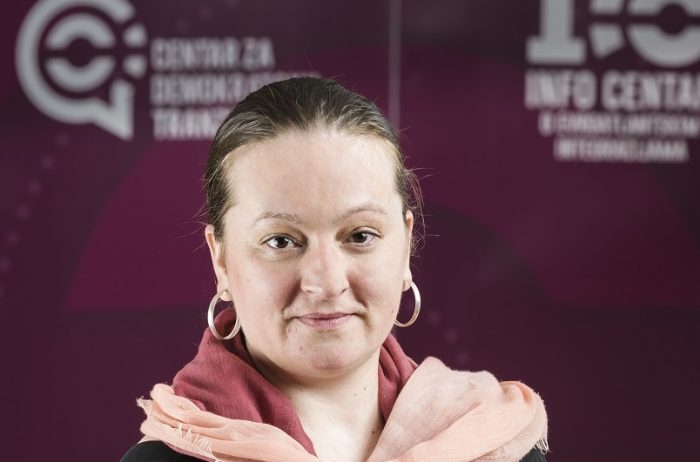Center for Democratic Transition (CDT) calls on the Government of Montenegro to initiate internal and external procedures ahead of passing the proposed Fundamental Agreement with the Serbian Orthodox Church (SPC) in a manner that befits a democratic society, instead of simply adopting the said agreement.
The process of establishing this government has consumed enormous social energy, it took a lot of work and effort, which is why the crumbling of the proclaimed concept of a political government set-up after only a few months in power would trigger an extremely negative political effect.
This would also be a major drawback in seizing the opportunity to finally deblock our EU path. It is way more likely that this would result in a new round of political stunts aimed at landing better political positions ahead of the upcoming elections than in the pursuit of EU integration goals.
The work of the government working group tasked with drafting the agreement needs to be organised in a much more serious manner. “Procedure is culture” is the democratic maxim that all the important decision makers on our political scene must bear in mind at all times. We hope that the procedures run by this government will not be as “cultural” as those run by many of the former ones.
Additionally, the government did not organize any form of public discussion or communication with the professional public, which any government that considers itself European is obliged to do in such circumstances, regardless of legislation. A week or two of additional discussions and consultations would not be a long enough period to impede the signing, but would provide a significant opportunity for Montenegro to pre-empt unwanted scenarios.
We are now in a situation where the government takes it upon itself to decide on historical facts instead of leaving it up to expert bodies and institutions. Decrees, ie. agreements serve to assert historical truths, which, again, does not befit a European government.
No government, including this one, has the right to decide on introducing religious education in our schools through an agreement signed with any religious community, and the SPC is no exception to the rule. This is a major blow to the secularity of the state and society. If some still want to pursue this issue, there are legal procedures envisaged, and fundamental agreement is no part of them. CDT welcomes the statement of the Minister of Education, who said that religion must leave our schools and that he is not in favor of introducing religious education as a school subject. However, this agreement spans a long period of time, and some future, less enlightened, minister might misuse this provision of the proposed agreement.
Finally, there are linguistic and legal traps in the proposed text that are not acceptable in this type of documents. The much-repeated phrase “in accordance with the legal order of the state” must be applied to the full extent and with consistency, so as to dispel any impression that these “dilemmas” are actually there because the agreement is intended to serve as a “guideline” for future changes in the “legal order” that would lead to further clericalization of society.
We are therefore calling for rationality, for going back to procedures and well-intentioned discussions both within the government as well as between the government and relevant social actors.
There is still an opportunity to resolve this issue in a way that will be acceptable to all the stakeholders in Montenegro and that would not leave lasting effects on our EU path. Where there is a true political will and democratic capacity, such issues can be resolved in a way that serves the interest of the entire society.
A society run by decision makers that lack the vision and the capacity to solve difficult issues is condemned to stagnation, poverty and conflict. We hope that this will not happen to Montenegro again.
Milica Kovacevic, CDT Program Director



